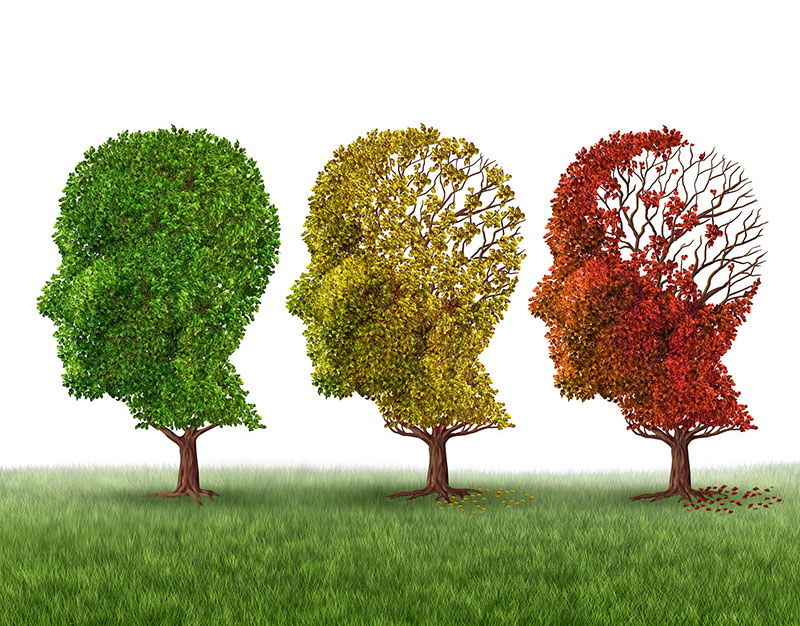It is rather common to walk into a room and completely forget about why you headed there in the first place. Have you ever struggled to remember where you placed your glasses only to realize they are sitting atop your head? Lost keys and misplaced cell phones happen all the time. It is a normal thing to casually forget things from time to time. However, how do you know when forgetfulness is signaling something more? Champion Home Health Care serves all of Brevard County, FL, offering an array of home health services for seniors. We know that age-related forgetfulness can be scary. We know that as we age, forgetting is something all of us will have to endure. Here are some reasons why memory loss could be affecting your or the senior in your life. Read on for tips.
First and foremost, it is important to know that age-related memory loss can be a normal part of the aging process. According to the National Institute on Aging, our brains change as we age. This can make learning new things harder to do and increase forgetfulness. You or someone you love could have trouble absorbing novel information. While this can be frustrating and worrisome, it could just be a sign of mild forgetfulness and not something more severe such as Alzheimer’s disease or Dementia. If you are worried about forgetting to pay an occasional bill or losing things, don’t panic. Instead, contact your doctor and set up an appointment to learn more. There is a vast difference between struggling to find the right word in a conversation and the inability to have one altogether.
Memory loss can also occur due to medical conditions. Head injuries, blood clots, tumors, alcoholism, vitamin and mineral deficiencies, and even some disorders of the kidneys, liver, or thyroid can all result in memory loss. It is important the underlying condition causing memory loss be treated immediately. Once this occurs, it is possible that you will notice an increase in cognitive function.
Think back on a time when you were experiencing emotional difficulties due to the rigors of life. Can you remember how you felt during this hard time? Were you depressed, anxious or lonely? Many experience sleep distress while dealing with an emotional time and this can definitely have an effect on memory. When we are in the midst of emotional crisis, one thing that can suffer is cognitive function. It is common for those suffering emotionally to also see an increase in memory problems. If you or someone you care for is having an especially hard time, seek help from medical professionals.
Of course, there could be something more severe at work causing memory issues. It is always wise to seek the advice of experts when experiencing any type of mental deficits. If you or someone you love is struggling, here is a link to a simple questionnaire from Helpguide.org to help you determine if further assessment is needed.




